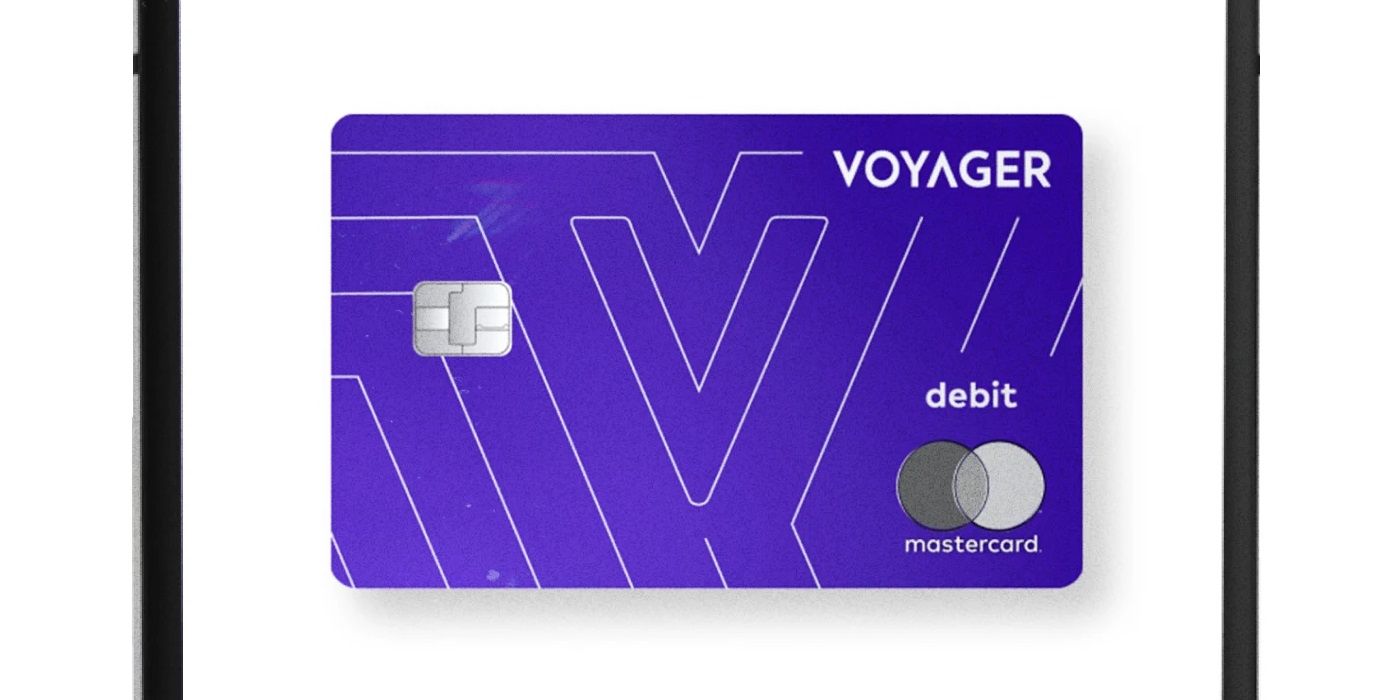Since the collapse of the LUNA token and the death spiral of Terra’s UST stablecoin in early May this year, crypto winter has officially arrived, and Voyager Digital has now been added to the bankrupt list. Crypto prices have been crashing non-stop in the weeks since, taking many projects, exchanges, investors, and even hedge funds down with them. Hundreds of billions of dollars in market capitalization has been lost, and BTC recently dropped below its 2017 all time high of $20,000 in a historical first for the leading cryptocurrency. The dreaded bear market is here, flushing out the leverage that fueled the bull market, and exposing all companies that engaged in reckless strategies on their way to (and at) the top.
In June, Celsius Network was rumored to be insolvent as it froze customer accounts, further compounding the disaster of Terra's implosion. This had heavy consequences across the industry, as many companies and individuals had large positions in Celsius, and were still reeling from the damages of Terra's destruction. To date, Celsius customers still cannot cash out their crypto. These collapses affected Three Arrows Capital (3AC), the largest hedge fund in the blockchain industry, which suffered a chain reaction of heavy losses resulting in several liquidations, the impact of which spread to Voyager Digital and rendered the company insolvent.
According to Decrypt, on June 22 Voyager revealed a massive $661 million loan taken out by 3AC, who was days away from defaulting if they missed payment. 3AC defaulted, rendering Voyager Digital insolvent, which prompted the temporary freezing of all deposits, withdrawals, and trading on the Voyager exchange app on July 1. On July 5, Voyager Digital filed for Chapter 11 bankruptcy with the U.S. Bankruptcy Court of the Southern District of New York, and on July 6 Voyager released a restructuring plan to recover customer losses.
Not Your Keys, Not Your Crypto
Many unregulated crypto companies have been reckless with customer deposits as part of their yield generation/investment strategies, while exchanges have a long history of hacks losing billions in stolen bitcoin. The events since Terra’s collapse have demonstrated the importance of a widely understood, but often ignored, phrase uttered by cryptocurrency veterans: “not your keys, not your crypto.” In other words, if a cryptocurrency is deposited into a centralized crypto company’s app, then the asset is no longer in its owner’s control and can be frozen, stolen, gambled away, or lost at the company's discretion. This is now happening across many Centralized Finance (CeFi) apps like Voyager, Celsius, and BlockFi, and is a well-known problem with unregulated exchanges.
As these platforms are almost entirely unregulated, there is no consumer protection in the event of a bankruptcy, no transparency regarding how customer deposits are being handled, or any reports on how yields are being generated. While Voyager is FDIC insured, this insurance only covers USD deposits, not stablecoins. To date, there are almost no United States crypto regulations to protect against fraud or incompetence, and thanks to the economic contagion event triggered by Terra's collapse the situation has now garnered the attention of regulators.
While Voyager is legally bankrupt now, there is still hope that customers may eventually be able to recover their crypto holdings. According to an official press release, Voyager’s restructuring plan includes paying customers from the proceeds recovered from the legal action that will be taken against 3AC, issuing them common shares in the reorganized company, and distributing Voyager tokens. From the debacle of bankruptcies that have occurred over the past month, it is hoped that CeFi companies will stop using customer deposits to issue unsecured loans they can’t afford to lose, and that crypto holders will not be so quick to trust their life savings to unregulated companies operating borderline crypto scams by promising double-digit yields on crypto deposits.
Sources: Decrypt, Decrypt, PR Newswire


